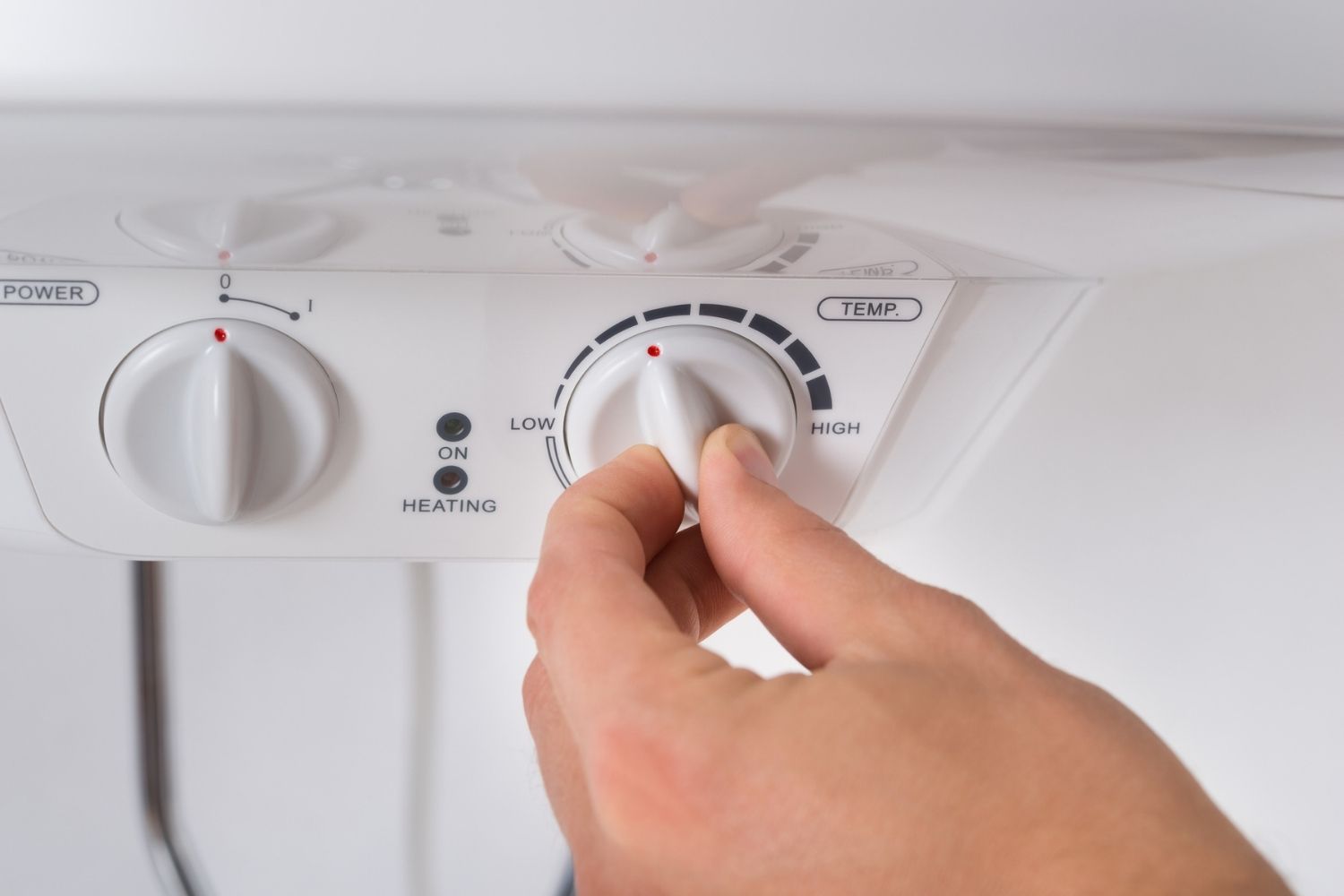

Articles
How Much Electricity Does A Water Heater Use
Modified: December 7, 2023
Discover how much electricity a water heater uses in this informative article. Learn about energy consumption and find ways to save on your monthly bills.
(Many of the links in this article redirect to a specific reviewed product. Your purchase of these products through affiliate links helps to generate commission for Storables.com, at no extra cost. Learn more)
Introduction
Water heaters are an essential appliance in households around the world, providing us with hot water for various activities such as showering, washing dishes, and doing laundry. However, have you ever wondered how much electricity these water heaters consume? Understanding the energy usage of your water heater can help you make informed decisions to reduce your energy consumption and lower your utility bills.
In this article, we will delve into the intricacies of electric water heaters and explore the factors that affect their electricity consumption. We will also provide you with tips on estimating your water heater’s energy usage and offer practical advice on how to reduce your energy consumption without sacrificing your comfort. So, let’s dive in and unravel the mysteries behind the electricity usage of water heaters!
Key Takeaways:
- Understanding the factors affecting your electric water heater’s energy consumption can help you make informed decisions to optimize efficiency and reduce electricity usage, leading to cost savings and a greener lifestyle.
- By estimating your water heater’s energy usage and implementing energy-saving tips such as lowering the temperature, insulating the tank, and fixing leaks, you can significantly reduce electricity consumption while contributing to a more sustainable environment.
Understanding Electric Water Heaters
Electric water heaters are among the most common types of water heating systems found in residential and commercial buildings. They work by using an electric heating element to heat the water to the desired temperature. The heated water is then stored in an insulated tank until it is needed.
One of the key components of an electric water heater is the thermostat, which controls the temperature of the water. The thermostat is usually adjustable, allowing users to set the desired temperature. When the water temperature drops below the set point, the thermostat activates the heating element to raise the temperature back to the desired level.
The heating elements in electric water heaters are typically made of copper or stainless steel and are immersed directly in the water. As the electric current passes through the heating element, it converts electrical energy into heat energy, which raises the temperature of the water.
Electric water heaters come in various sizes to accommodate different household or commercial needs. The size of the water heater is usually measured in gallons and indicates the storage capacity of the tank. The larger the tank, the more hot water it can store at a given time.
It is important to note that different water heater models may have varying energy efficiency ratings. The energy efficiency rating is typically expressed as an Energy Factor (EF), which represents the ratio of usable energy output to the energy input. Higher EF ratings indicate greater energy efficiency and lower operating costs.
Now that we have a basic understanding of electric water heaters, let’s explore the factors that can affect their electricity consumption.
Factors Affecting Electricity Consumption
Several factors can influence the electricity consumption of an electric water heater. Understanding these factors can help you assess your water heater’s energy usage and make informed decisions to optimize its efficiency. Here are some key factors to consider:
- Tank Size: The size of the water heater tank plays a role in its electricity consumption. Larger tanks require more energy to heat a larger volume of water and may lead to higher electricity usage.
- Insulation: The level of insulation in the water heater tank affects its energy efficiency. Well-insulated tanks can retain heat better, reducing the need for the heating element to kick in frequently.
- Water Temperature: The desired temperature setting on the thermostat impacts the electricity consumption. Higher temperature settings require more energy to heat the water. Adjusting the temperature to a lower setting can help conserve energy.
- Usage Patterns: How you use hot water can also influence electricity consumption. If you frequently use hot water throughout the day, the water heater will need to work more often to meet the demand.
- Water Quality: Hard water with high mineral content can cause mineral deposits to accumulate on the heating elements. This can reduce their efficiency and lead to increased electricity consumption.
- Maintenance: Regular maintenance, such as flushing the tank to remove sediment buildup, can help improve the efficiency of the water heater and reduce energy consumption.
It is important to keep these factors in mind when assessing the electricity consumption of your electric water heater. By understanding how these factors contribute to energy usage, you can take steps to minimize electricity consumption and optimize the efficiency of your water heater.
Consider using a timer to schedule your water heater to only run during off-peak hours, saving on electricity costs.
Estimating Water Heater Energy Usage
Estimating the energy usage of your electric water heater can help you understand how much electricity is consumed and plan your energy usage accordingly. Although the exact energy consumption of a water heater depends on various factors, you can utilize some general guidelines to estimate its energy usage.
The primary metric used to measure energy usage in water heaters is kilowatt hours (kWh). Here’s a simple formula to estimate the energy usage:
Energy Usage (kWh) = Power Rating (kW) x Time (hours)
The power rating of your water heater is typically mentioned on the unit itself or in the product documentation. It represents the electrical power consumed by the heating element.
To estimate the time, consider the average amount of time your water heater operates each day. For example, if you use hot water for approximately 2 hours per day, the time value would be 2.
Once you have the power rating and time values, you can multiply them to calculate the approximate energy usage in kilowatt hours.
For instance, if your electric water heater has a power rating of 3 kilowatts (kW) and operates for 2 hours per day, the estimated daily energy usage would be:
Energy Usage = 3 kW x 2 hours = 6 kWh
Keep in mind that this estimation provides a general idea of energy usage and may vary based on factors such as water temperature settings, insulation, and usage patterns. Additionally, the efficiency of your specific water heater model will also affect the energy consumption.
It is recommended to consult your water heater’s manufacturer or refer to the product documentation for more accurate information on energy usage. They can provide specific details relevant to your particular water heater model. Monitoring your electricity consumption using smart home energy monitors can also provide you with real-time data on your water heater’s energy usage.
By estimating your water heater’s energy usage, you can gain insights into your electricity consumption and identify opportunities to reduce energy waste.
Tips to Reduce Energy Consumption
Reducing the energy consumption of your electric water heater not only helps you save money on utility bills but also contributes to a more sustainable lifestyle. Here are some tips to help you minimize your water heater’s energy usage:
- Lower the Temperature: Lowering the water temperature setting on your water heater’s thermostat can significantly reduce energy consumption. For most households, a temperature setting of 120°F (49°C) is sufficient for daily activities.
- Insulate the Tank: If your water heater tank is not already well-insulated, consider adding an insulating jacket or blanket. Proper insulation helps retain heat, reducing the need for the heating element to work as frequently.
- Fix Leaks: Even a small leak in your hot water system can lead to wastage of both water and energy. Regularly inspect your water heater and associated pipes for leaks and have them repaired promptly.
- Maintain the Heating Element: Over time, mineral deposits can accumulate on the heating elements, reducing their efficiency. Regularly flush the tank and descale the heating elements to maintain their performance and optimize energy usage.
- Use Cold Water for Laundry: When doing laundry, opt for cold water instead of hot water whenever possible. This not only saves energy but also helps preserve the quality of your clothes.
- Install Low-Flow Fixtures: Installing low-flow showerheads and faucets can help minimize hot water usage without sacrificing water pressure. This can result in substantial energy savings over time.
- Time your Showers: Limit the duration of showers to conserve hot water. Consider using a shower timer or setting a personal goal to keep your showers short and efficient.
- Opt for Energy-Efficient Models: When it’s time to replace your water heater, choose an energy-efficient model with a high Energy Factor (EF) rating. This ensures that you’re investing in a system that maximizes energy savings.
Implementing these energy-saving tips can help you reduce the electricity consumption of your electric water heater. By making conscious choices and adopting sustainable practices, you can contribute to a greener environment while enjoying the benefits of lower utility bills.
Read more: How Much Propane Does A Water Heater Use
Conclusion
Electric water heaters play a vital role in our daily lives, providing us with hot water for various activities. Understanding the factors that affect the electricity consumption of these water heaters is crucial for both energy efficiency and cost savings.
In this article, we explored the workings of electric water heaters, including the heating elements, thermostat, and tank size. We discussed how factors such as insulation, desired water temperature, usage patterns, water quality, and maintenance can impact the energy usage of these appliances.
We also provided tips on estimating your water heater’s energy usage and offered practical advice on how to reduce energy consumption. By lowering the temperature, insulating the tank, fixing leaks, maintaining the heating element, using cold water for laundry, and installing low-flow fixtures, you can make a significant impact on reducing energy waste.
It’s essential to keep in mind that these are general guidelines, and the specific energy consumption of your electric water heater may vary based on factors unique to your situation. Consult the manufacturer or refer to the product documentation for accurate information on energy usage.
By implementing these energy-saving tips, you can not only reduce your environmental footprint but also lower your utility bills. It’s a win-win situation that benefits both your wallet and the planet.
Remember, small changes can make a big difference. Start implementing these energy-saving practices today and take control of your water heater’s energy consumption for a more sustainable and cost-effective lifestyle.
Frequently Asked Questions about How Much Electricity Does A Water Heater Use
Was this page helpful?
At Storables.com, we guarantee accurate and reliable information. Our content, validated by Expert Board Contributors, is crafted following stringent Editorial Policies. We're committed to providing you with well-researched, expert-backed insights for all your informational needs.
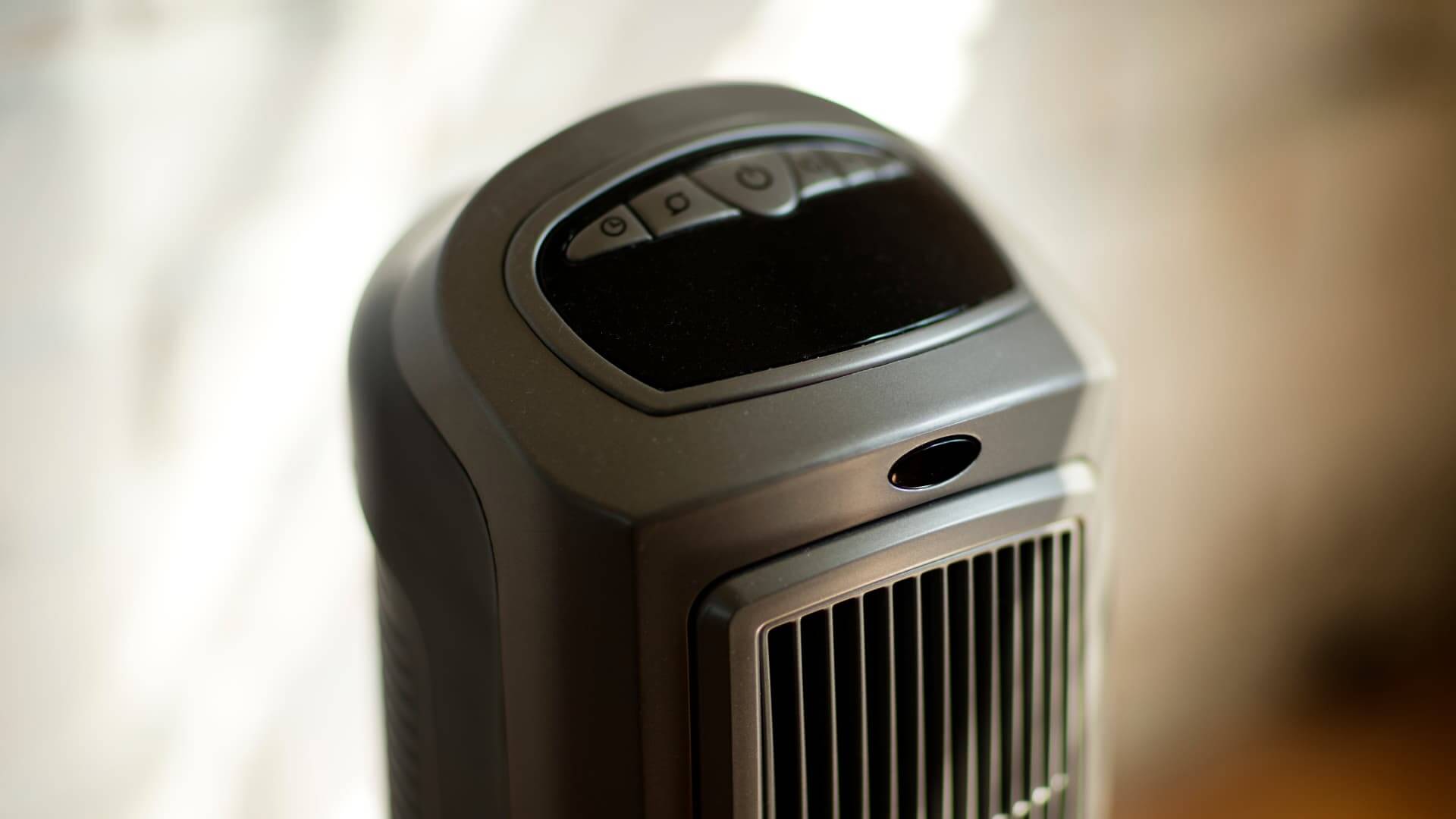
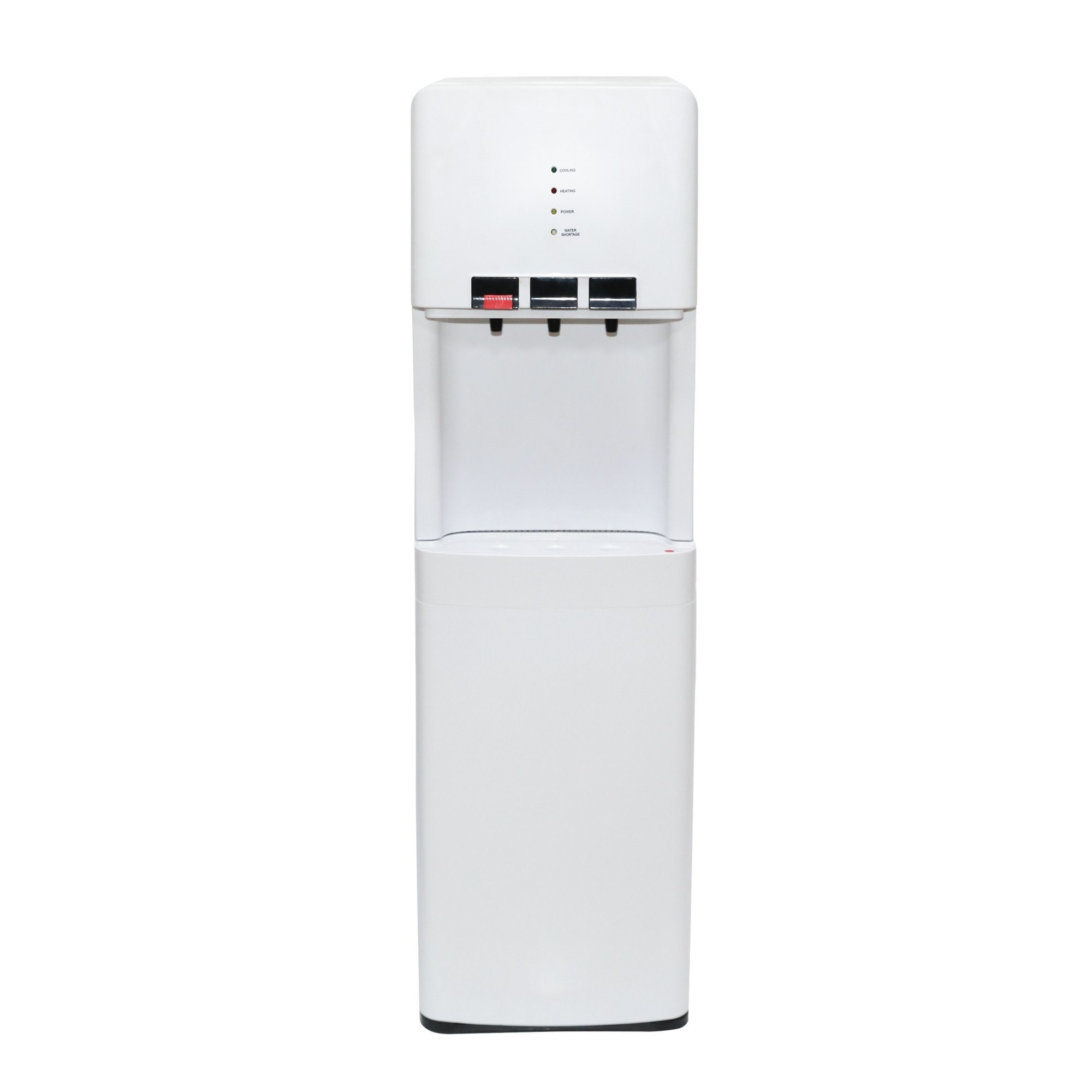
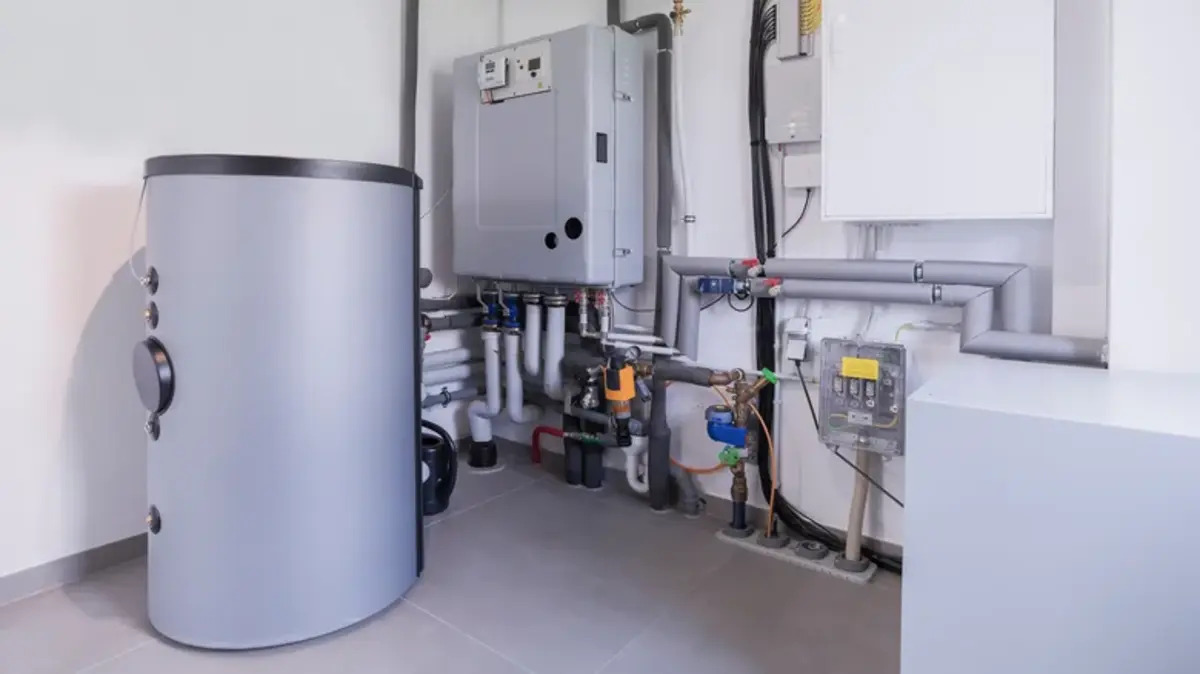
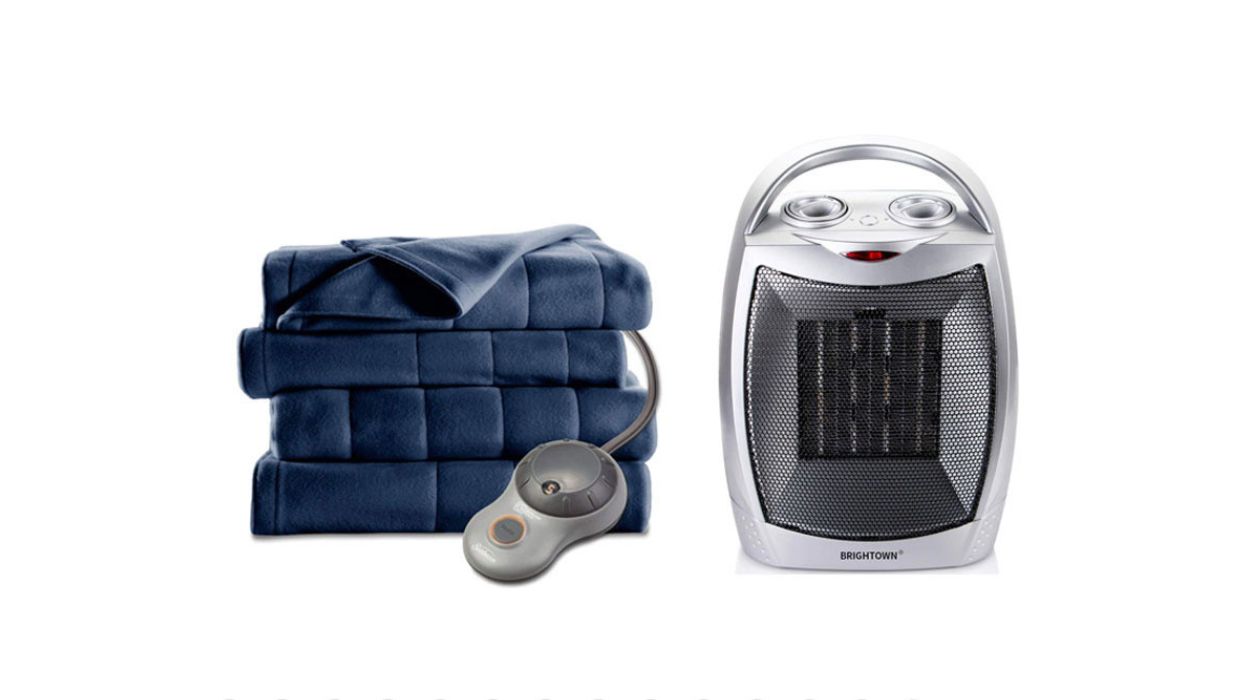
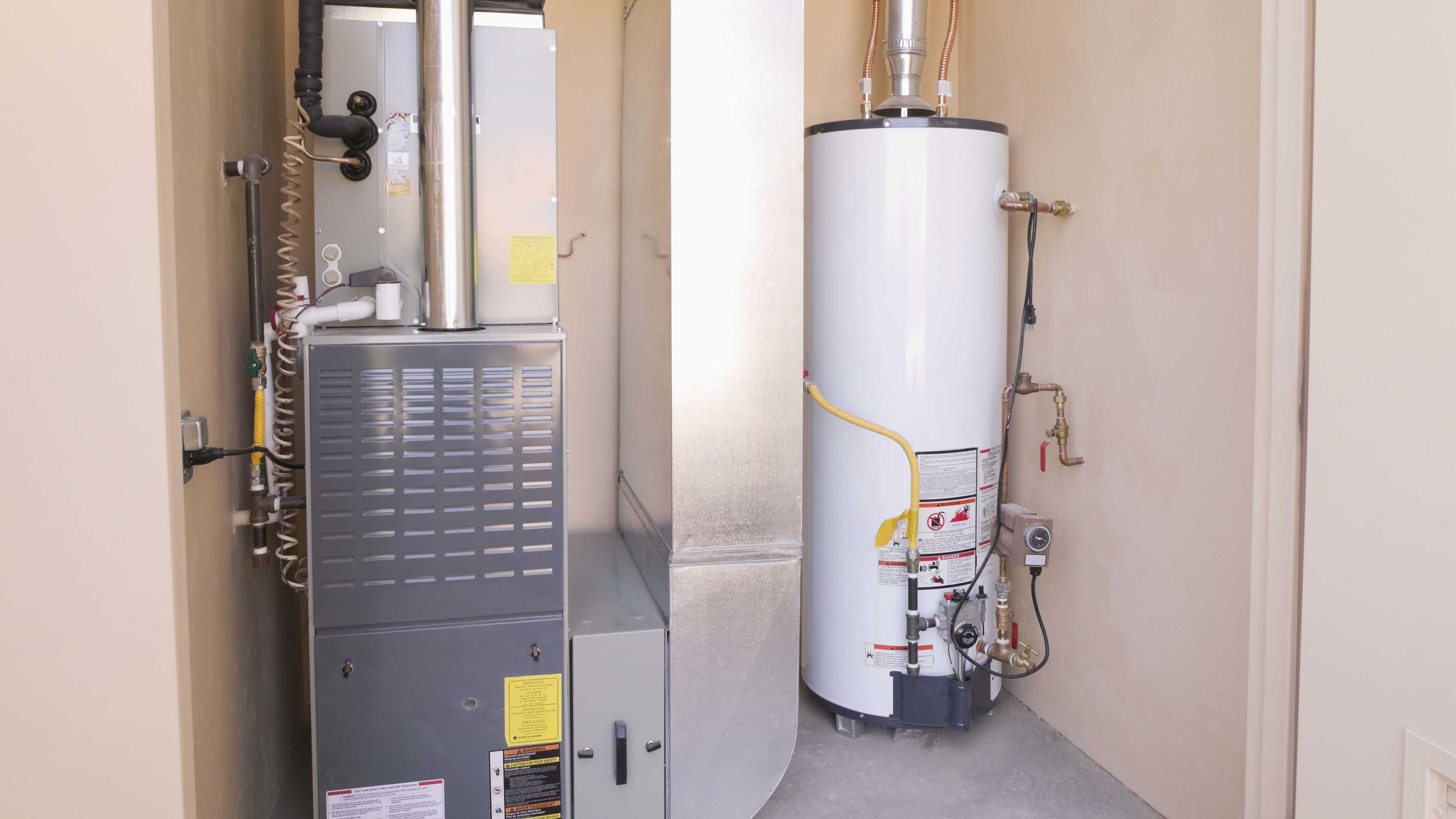
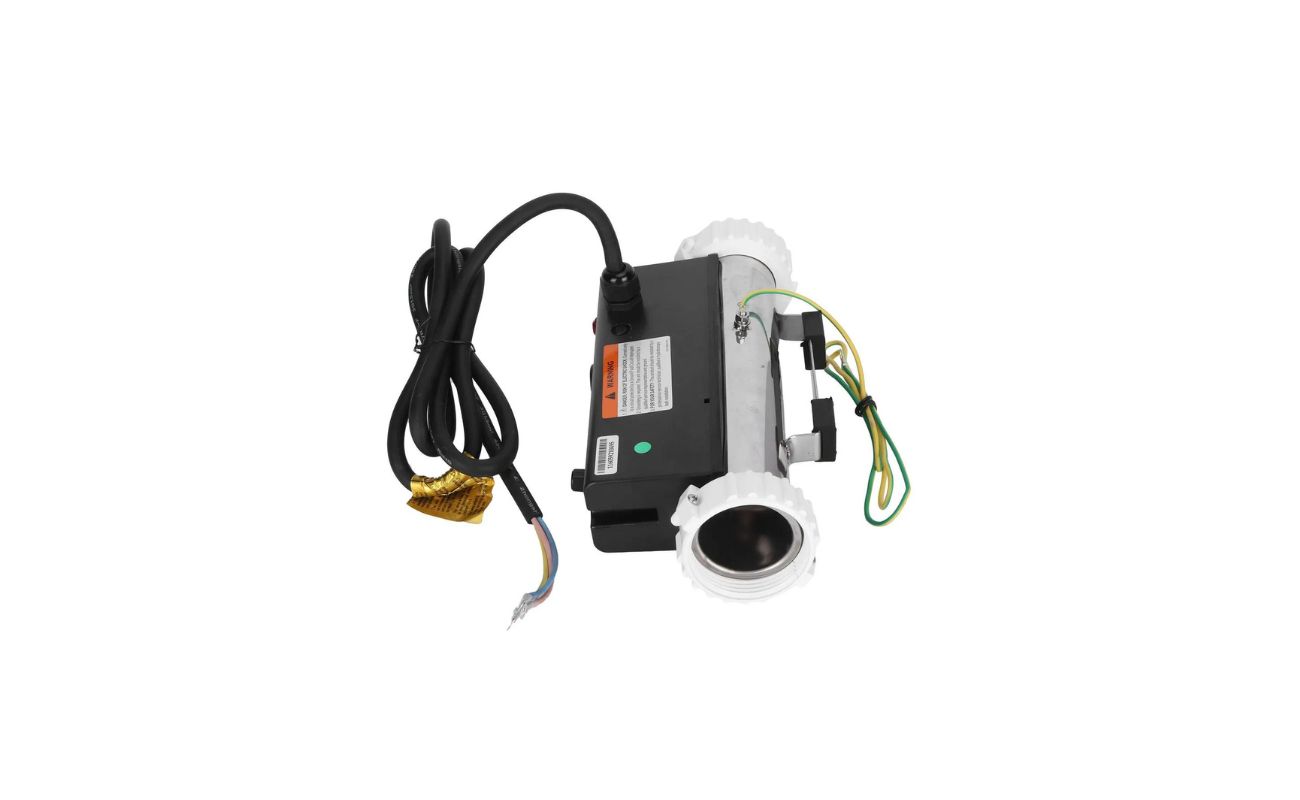
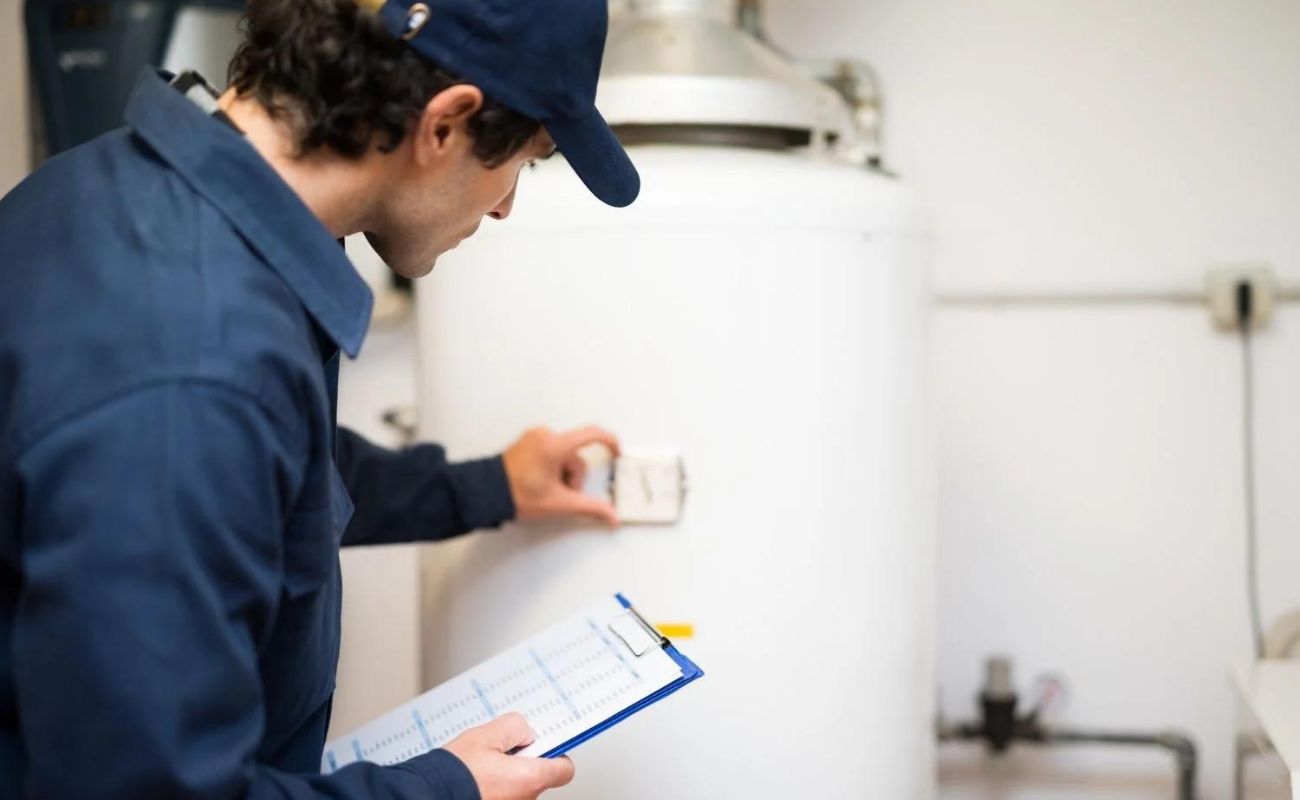
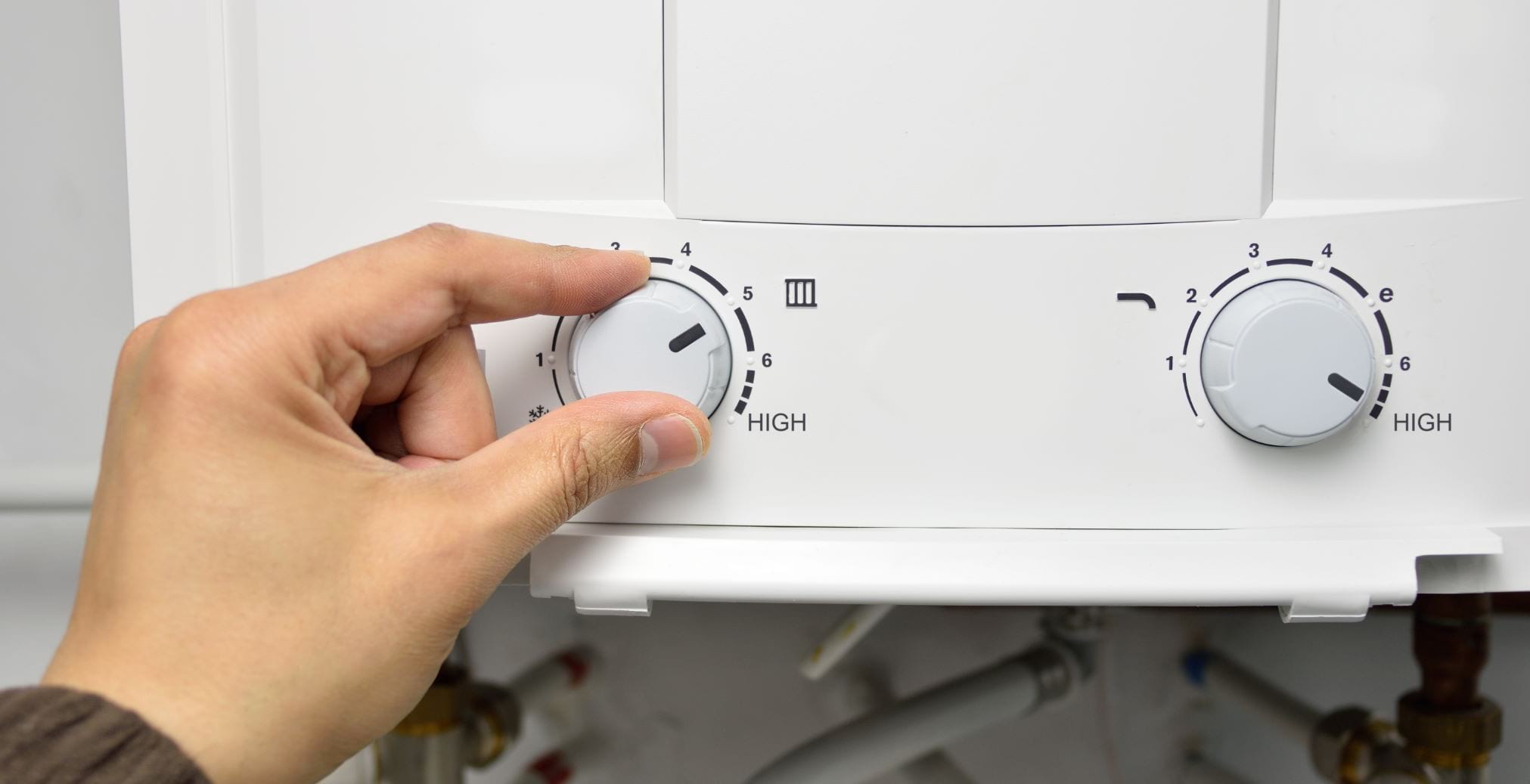
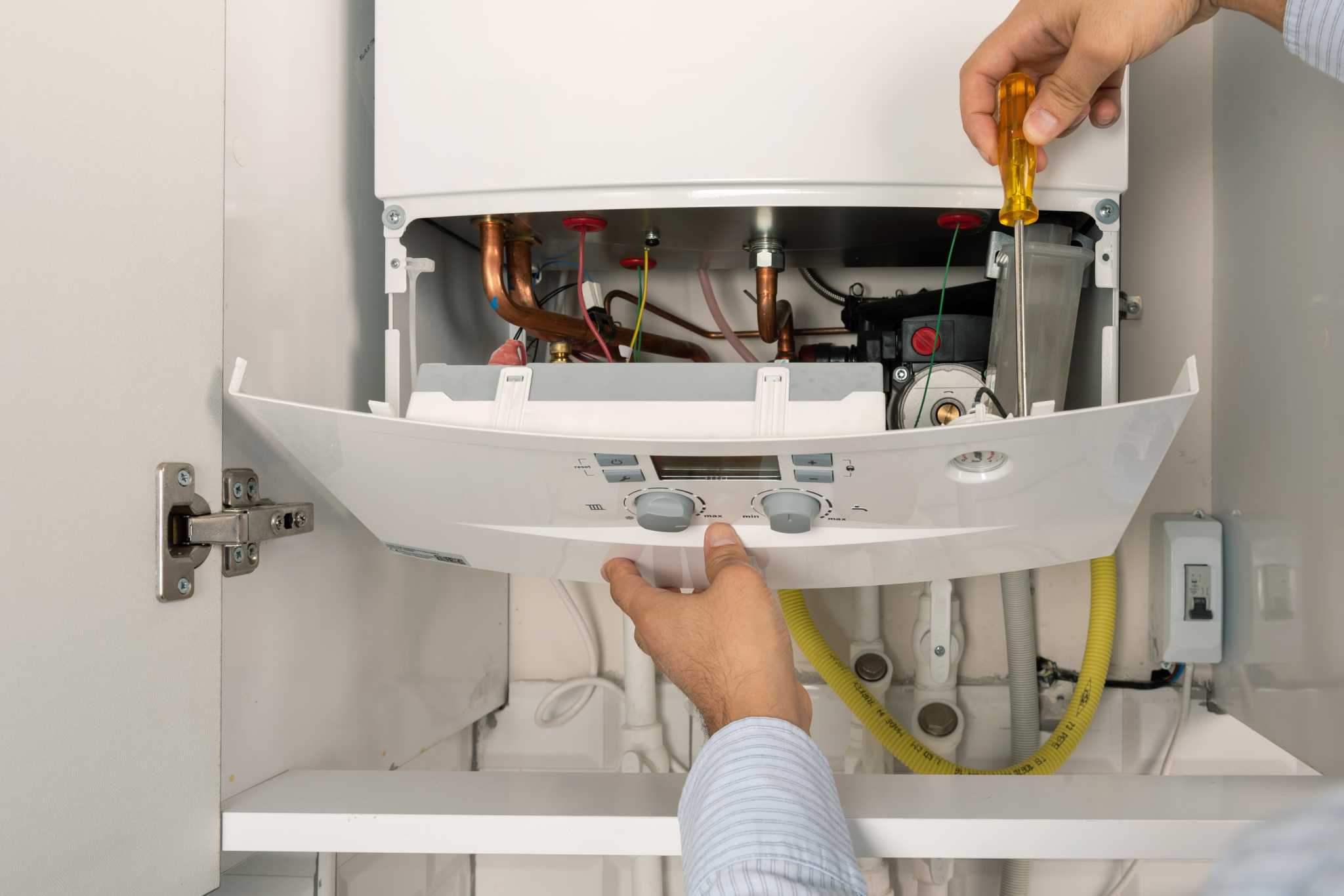
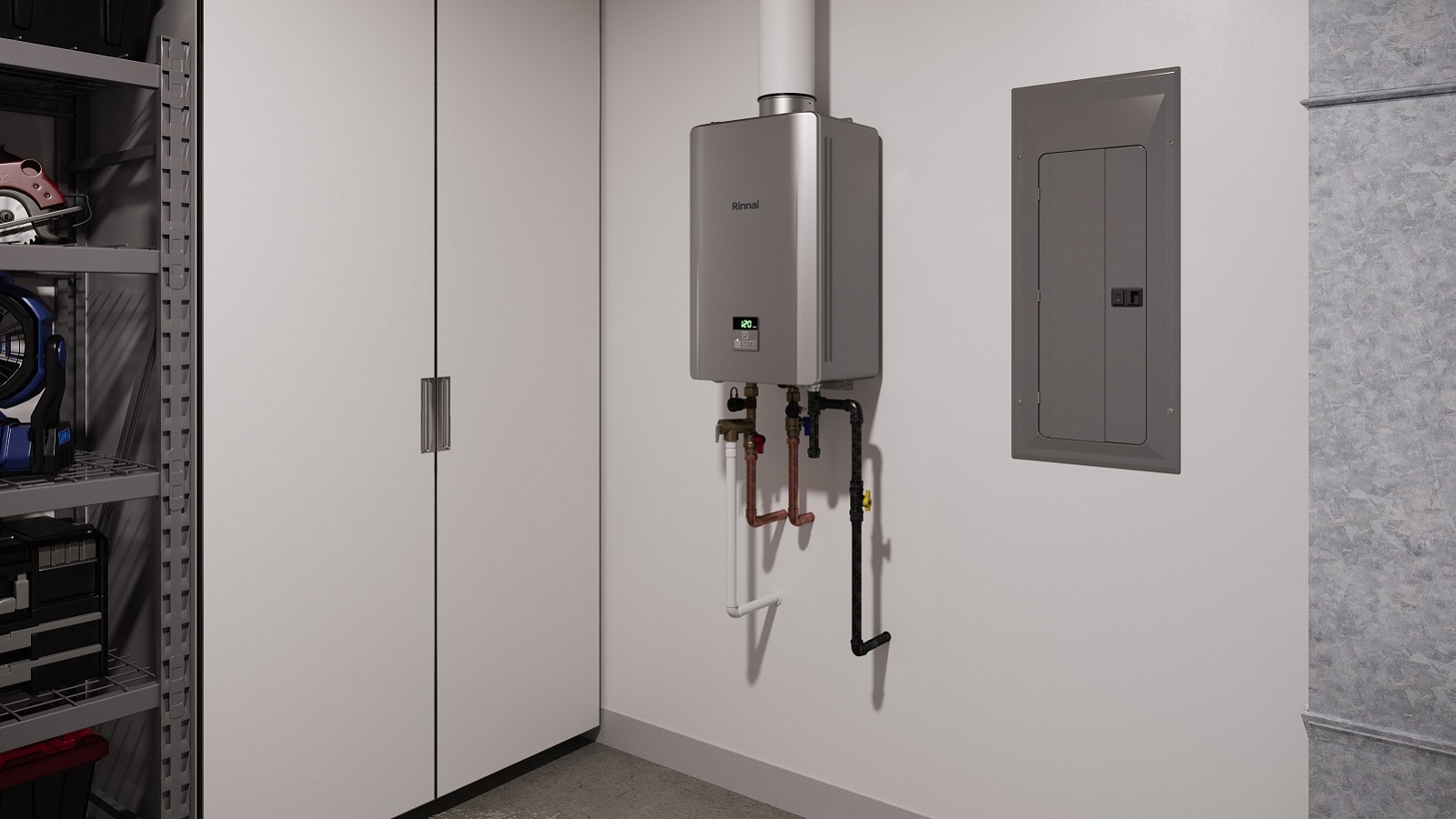
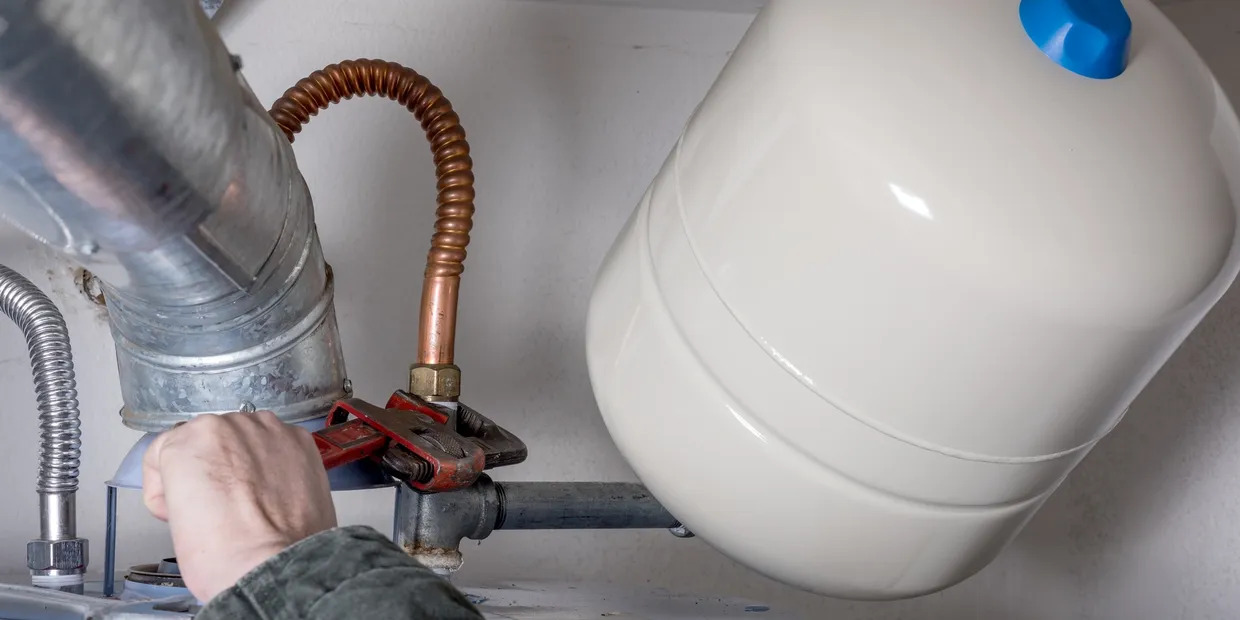
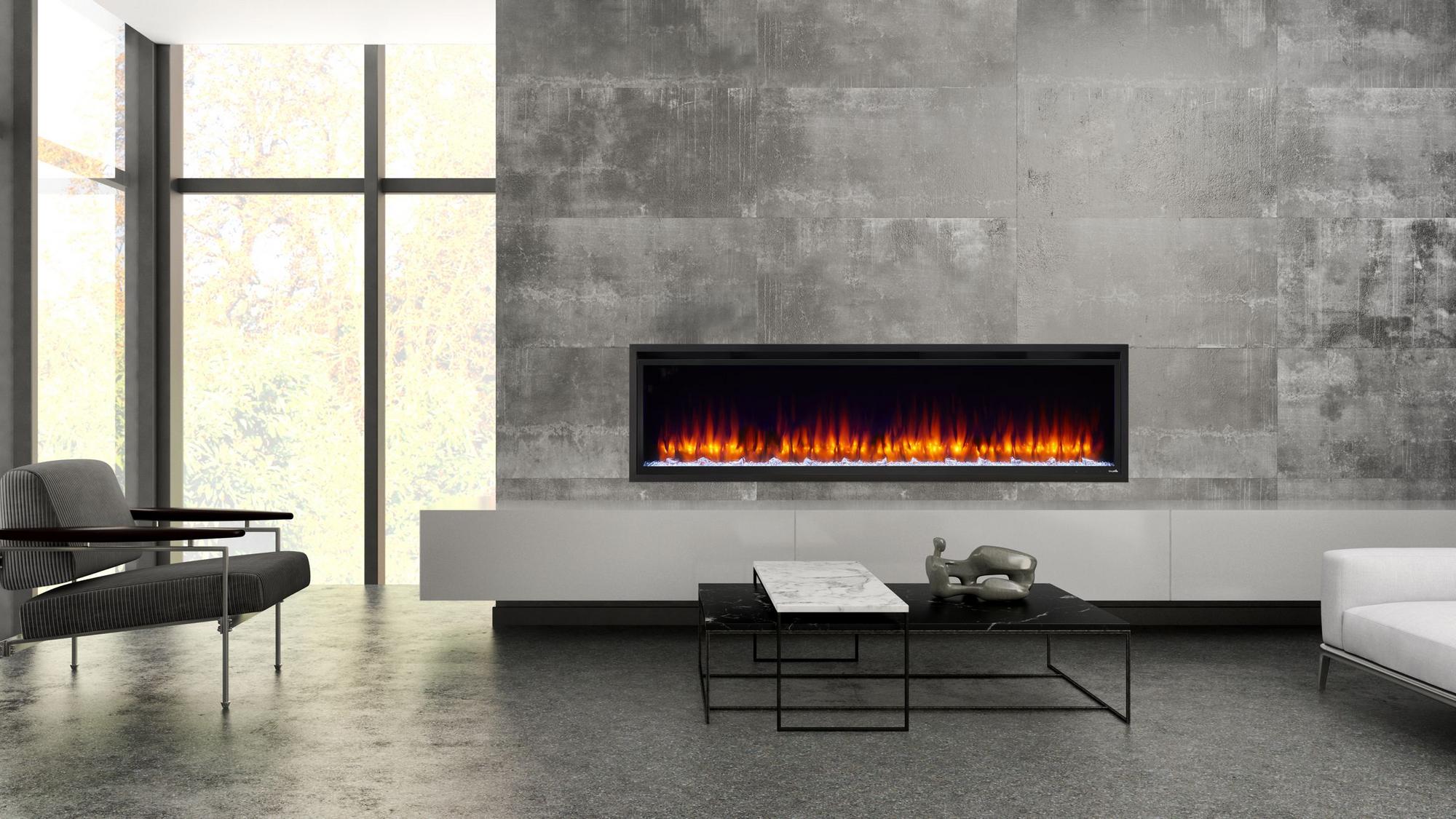
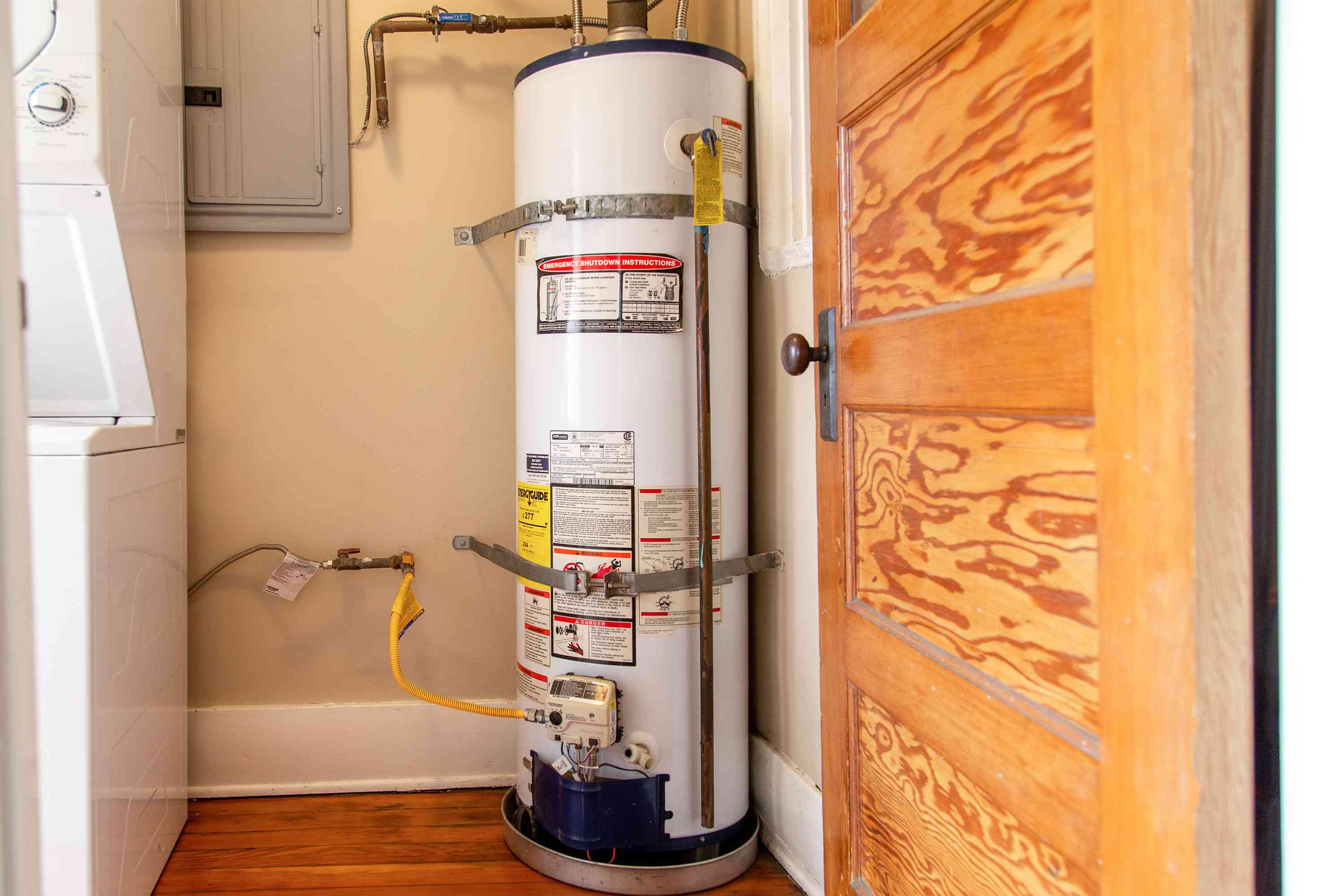
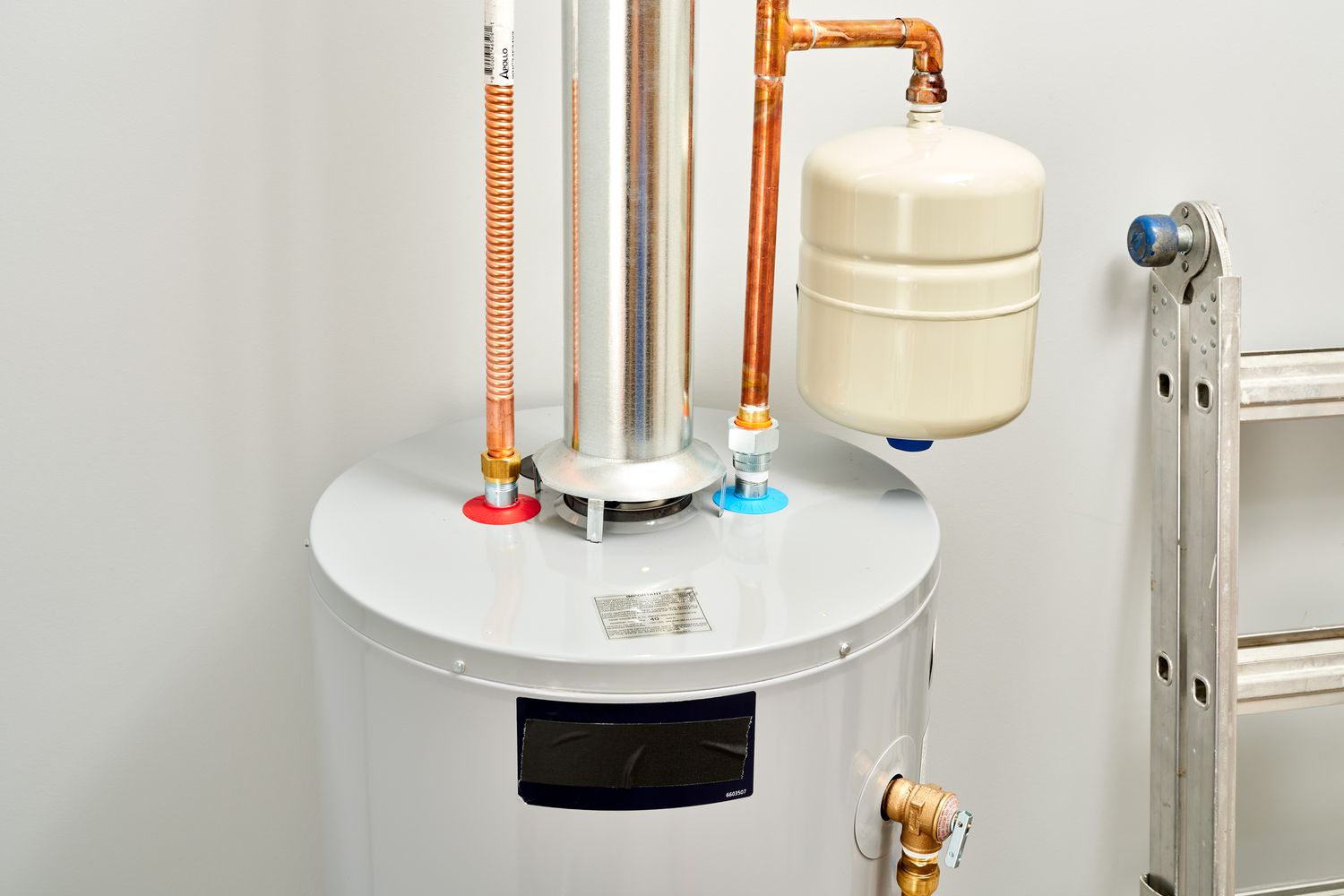

0 thoughts on “How Much Electricity Does A Water Heater Use”